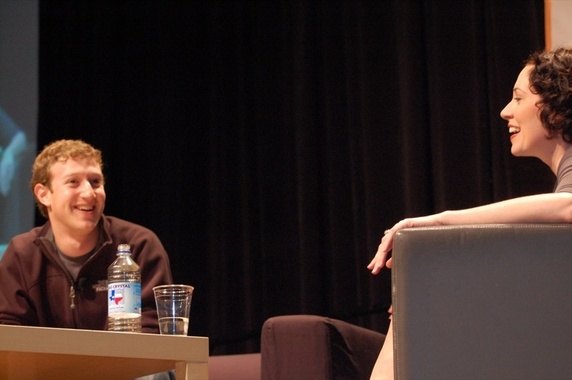Brent Peterson is the creator of
Interview Angel. Brent has over 14 years professional experience in corporate management and consulting. He completed his MBA from James Madison University and his MS from the University of Virginia. He is also a certified Project Management Professional (PMP). I talked to Brent about Interview Angel; he also shared his top job search tips.
Brent, thanks for dropping by the blog. So tell us, what is Interview Angel?
Interview Angel is a unique job interview toolkit that is designed to be used in the interview itself to keep candidates organized, focused, and confident. It sells online for $89.
How did you come up with the idea for Interview Angel?
It all started on a beach in South Carolina last June. I was thinking about how to help a family member and friends land the jobs they wanted. On the long drive home, I developed the concept for a padfolio product that a candidate could use in the interview itself.
When you are looking for a new job, you are admittedly thinking about the benefits of gainful employment: steady paycheck, affordable health care, time off for vacations and holidays, retirement plans, and valuable professional experience. All of those factors are important and all of them are about your needs. That being said, if you want to be hired, you have to shift your focus to the organization’s needs during the interview.
As part of Interview Angel, you include “Interview Templates.” Can you tell us more about that?
The purpose of the Interview Templates is to provide the job seeker with formatted pages to conduct organized phone and in-person interviews. Each template is designed to be used during the interview itself, and it includes relevant and
insightful questions to ask each person with whom you are meeting.
You’ve interviewed over 300 candidates in your career. What’s your favorite interview question, and what are your tips for answering it?
Admittedly, my favorite interview question is the most predictable and that is “Why don’t you tell me a little bit about yourself?” Lewis, your
March 2 blog post on this same question is terrific. The majority of job seekers lose their opportunity to get hired right out of the gate because they do not know how to give a succinct response to this question. Once you have reiterated the professional value you bring to the organization for which you are interviewing, I recommend concluding with something personal and non-controversial that is not on your resume (e.g. “And in my free time, I enjoy cycling with my daughter”). It breaks the ice and often makes a valuable connection with the interviewer.
How much time should a candidate spend preparing for each job interview?
I recommend at least three full days. In the case of Interview Angel, you will need sufficient time to complete the necessary preparation worksheets and to review the interview guide, checklists, and templates. You only get one chance at your dream job. Please do not go into the interview unprepared. In my most recent job, I delayed the interview date for which I was scheduled so I would have more time to prepare. It was the right move. I got hired.
Many candidates think three full days is overkill. A job seeker mentioned on Twitter that they prepared for three hours and that was plenty.
To quote Alexander Graham Bell, “Before anything else, preparation is the key to success.”
It is very transparent to hiring managers which candidates have taken the time to do the research on the organization’s problems. An interview is the most important business meeting a person attends with an organization. Why on earth would you go in unprepared?
It takes time to document your goals, value, and stories and then practice communicating them in a succinct and clear manner. Once you have done that, then your entire focus can be on researching and documenting the needs of target organizations. Whether that final activity takes 3 hours or 3 days depends on the individual.
My best advice to job seekers right now is to not wait until you have an interview to start preparing. Use the tools that are available and work with a coach now. If your competition is taking action now to be prepared for the next interview when it does come (and they are), who do you think is more likely to get hired?
It’s a tough job market.
Any last words of advice for our job seekers?
Document your goals, experience, and value first before you meet with any employer. If you do not have clarity around these items, the hiring manager will not have enough information to hire you. Also, research targeted organizations and the problems they are facing thoroughly. Be prepared to fill an employer need, not a job vacancy. A great career or interview coach is also worth his or her weight in gold. Look at the opportunity cost of not getting hired.
